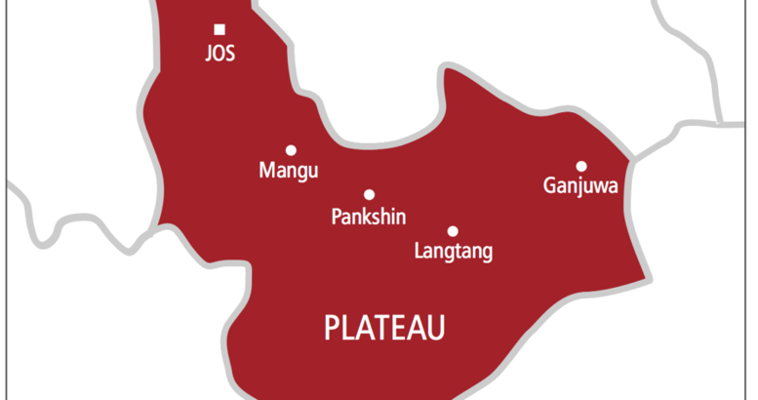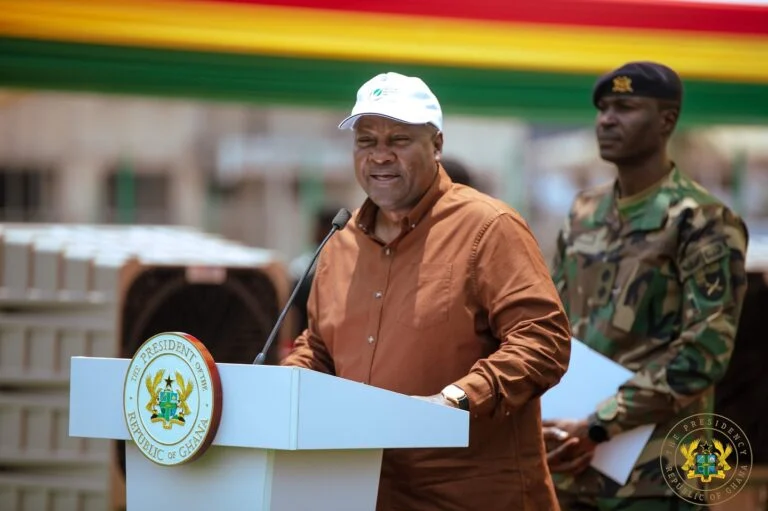Nigeria on Path to Prosperity — Finance Minister Wale Edun
Nigeria’s Minister of Finance and Coordinating Minister of the Economy, Mr. Wale Edun, has expressed optimism that the country has overcome the most difficult phase of its economic challenges and is now firmly on the path to sustainable prosperity.
In an article titled “Nigeria Turns Towards Prosperity,” Edun reflected on the country’s economic journey since President Bola Ahmed Tinubu assumed office in 2023, noting that bold reforms implemented by the administration have set Nigeria on the course of recovery and growth.
According to him, when President Tinubu took office, the economy was on the brink of fiscal collapse, with rising inflation, sluggish growth, and policy distortions such as fuel subsidies and multiple exchange rates that discouraged investment.
“The President’s mandate was clear — dismantle those distortions, reward productivity, and create a climate where private investment can thrive,” Edun stated.
Two years after those reforms began, the minister said the results are evident. He disclosed that Nigeria’s Gross Domestic Product (GDP) grew by 4.23 percent in the second quarter of 2025, while inflation though still high has moderated to 18.02 percent after six months of consistent decline.
He further noted that the exchange rate has stabilised, with the gap between official and parallel markets narrowing to about one percent from nearly 70 percent, while the country’s foreign reserves have risen to over $43 billion the highest since 2019.
“These are more than just numbers; they form the foundation for inclusive growth that benefits every Nigerian,” Edun said.
Edun acknowledged that many Nigerians still measure progress by the cost of food and basic commodities, noting that food inflation has been the most pressing challenge. However, he said the government’s targeted measures are beginning to yield results.
“A bag of rice that cost ₦120,000 last year now averages around ₦80,000, while the prices of garri, pepper, tomatoes, and other essentials have also decreased,” he explained.
He added that the government is ensuring farmers remain motivated to continue production by protecting their incomes and expanding agricultural support.
The minister also revealed that 8.1 million households have received direct cash transfers under government intervention programmes, with a target to reach 15 million households once outstanding identity verification issues are resolved.
Speaking on Nigeria’s debt profile, Edun admitted that debt servicing remains a major fiscal burden due to legacy borrowing and high interest rates. He emphasised that the administration is focused on increasing revenue to address the challenge.
He pointed out that Nigeria’s fiscal revenue-to-GDP ratio, at about 10 percent after rebasing, remains one of the lowest in Africa. To correct this, President Tinubu signed the Nigeria Tax Act and related legislation on June 26, 2025, set to take effect on January 1, 2026.
The new tax laws, he said, are designed to broaden the tax base, simplify compliance, and introduce a more progressive structure that shields low-income earners while adjusting rates for higher-income groups.
“These measures, combined with structural reforms such as the Revenue Optimisation and Assurance Programme (RevOp), will strengthen government finances, create fiscal space, and enable greater investment in our people and infrastructure,” Edun added.
The finance minister emphasised that stability must be followed by inclusive growth anchored in productive sectors like agriculture, industry, technology, and energy.
He disclosed that oil production has rebounded to 1.68 million barrels per day, including condensates, following improved security and reduced oil theft, while refinery projects are revitalising the downstream sector.
In agriculture, Edun said the government is supporting farmers to boost domestic food production, reduce imports, and create jobs for young Nigerians. He also highlighted ongoing efforts to expand investment in technology, the creative sector, and critical minerals.
“Infrastructure remains the backbone of growth,” he noted, citing major projects such as the Ajaokuta–Kaduna–Kano gas pipeline and the 90,000-kilometre Project Bridge fibre expansion as key enablers of industrialisation and connectivity.
Edun asserted that investor confidence both domestic and foreign is returning, as multilateral institutions and private investors are beginning to see Nigeria as a viable destination once again.
He cautioned, however, that sustaining this confidence requires a predictable policy environment, disciplined fiscal management, and continued progress in reducing inflation.
“Our medium-term target is 7 percent growth by 2027 or 2028. Achieving this will demand collective effort from the government, private sector, and citizens,” he said.
Edun concluded by expressing optimism that Nigeria’s next decade will be defined by shared prosperity, improved livelihoods, and renewed national hope.
“If we deepen resilience, broaden opportunities, and ensure reforms translate into real improvements better schools, affordable food, reliable power, accessible healthcare, and jobs for our youth then we can truly say Nigeria has turned towards prosperity,” he affirmed.







